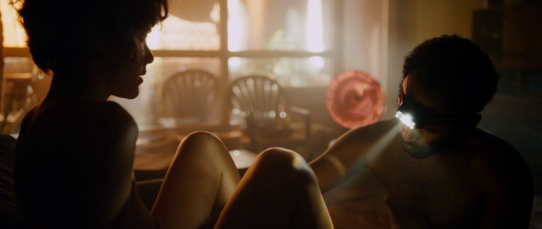 Eighteen year-old Helen is an eccentric teenager whose views on sexuality, personal hygiene, and orderly behavior couldn't be farther than the norm. Struggling with her parent's divorce, Helen spends most of her time with her friend Corinna, with whom she breaks every social taboo imaginable, as if to protest to the world her rebel status and disregard for convention. After a shaving accident, Helen lands in the hospital, where she has plenty of time to focus on reconciling her parents. It doesn't take long before Helen's rebel persona begins to make waves among the staff, with Robin, a male nurse, catching Helen's eye. David Wnendt's Wetlands is one of most strange and unique films about teenagedom I've ever seen. Very different than David Wnendt's previous film, Combat Girls, Wetlands is a much more visceral experience - full of energy and a playfull tone that is far different than the gritty realism of his previous effort. Full of energy and stylish excess, Wetlands uses an over-the-top character like Helen to personify the rebellious nature that comes with being a teenager. Wetlands is a film that is proud of its vulgarity, but what surprised me is the moments of tenderness it achieves even with its frenetic. Underneath Helen's rebellious, sexually charged nature lies a young woman who is hurt by her parents separation, and Wetlands explores this to a degree, but it certainly takes a backseat to stylish indulgence. David Wnendt's Wetlands is a perversely aggressive piece of film-making that's stylistically exhausting, capturing one of the most unique and repulsive young woman committed to celluloid in a long time.
0 Comments
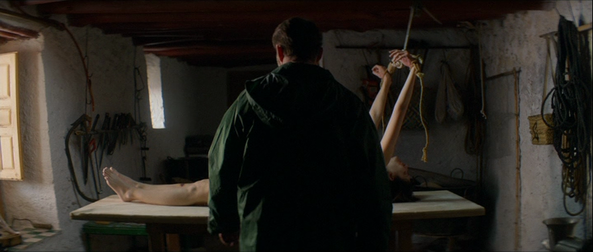 Carlos is one of the most prestigious tailors in Granada, Spain. Meticulous in approach, he studies every detail in creating suits for his wealthy clientele, taking his profession very seriously. Carlos has a dark secret, he's a cannibal, routinely carrying out murders in the shadows with the same precision and detail he puts into his tailor work. When Nina, a beautiful young woman from Romania, comes looking for her missing twin sister, she awakens a side of Carlos he is unfamiliar with, a side of compassion and love. Manuel Martin Cuenca's Cannibal is one of the most unique love stories out there, an impressive film that manages to create empathy for a man who deserves none. Carlos is a monstrous man who shows no guilt or remorse for the people he has killed and through meeting Nina, a kind and woman of pure innocence, he begins to have feelings he struggles to comprehend. Carlos isn't a man the audience ends up rooting for, but understands, feeling empathy for a man whose never had any real emotional relationship, keeping himself isolated from the world around him. From a technical standpoint, the cinematography and lighting are exceptional, using heavy contrast between light and darkness in a way that emulates Carlos' internal struggle. Consisting of a meticulously developed lead performance by Antonio de la Torre, Cannibal is a fascinating exploration of good vs evil that's as pensive as it's unique.  Living in the Ile d'Yeu, a peaceful and isolated beach community off the Atlantic coast of France, Sasha, a young Englishwoman, is alone with her baby daughter. Tatiana, a cynical backpacker, turns up on Sasha's doorstep, asking if she can pitch a tent in the backyard. Sasha is wary but agrees, intrigued by the mysterious woman who seems to come from a very different background than her own. The two woman build a rapport, with Tatiana's edginess generating sexual tension which inevitably leads to hostility. Francois Ozon's See The Sea is subtlety effective thriller that slowly and emphatically builds up to its devastating conclusion. Sasha and Tatiana couldn't be more different, with Sasha being the domesticated housewife-type and Tatiana being the rebel, but Ozon crafts this story in a way that shows how similar they truly can be. Tatiana represents Sasha's repressed desires, being a free spirit whose never felt the shackles of a domestication but what unfolds in the climax of the film captures how the same could be said in reverse. Through the course of the film it becomes apparent that something is truly wrong with Tatiana but Ozon never tips his hat completely, letting the film slowly build tension through its incredibly simple approach. Being under sixty minutes in length, Francios Ozon's See By The Sea is a simple and effective thriller that subtlety explores feminine roles in society. 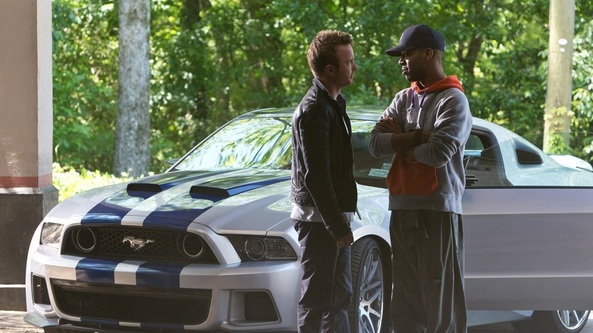 Blue-collar mechanic Tobey Marshall has never had a ton of money but along with his team of mechanics, he appears to do alright skillfully restoring and/or rebuilding muscle cars, as well as racing them. When his garage comes under financial strain, Tobey reluctantly agrees to partner with the wealthy, incredibly arrogant driver Dino, who used to race in NASCAR. After successfully restoring an extremely rare car as part of the deal, a tragedy strikes during a race between Dino and Tobey, with Dino framing Tobey for manslaughter. Out of jail after servicing two years, Tobey is out for revenge. Scott Waugh's Need For Speed is an incredibly silly, unnecessarily long cross-country action film that ultimately tries to take advantage of the success of the Fast and Furious franchise. While that franchise has reached a fun level of self-awareness, Need For Speed takes itself way too seriously, with Aaron Paul's scowl doing its best to give the film some poignancy. Need For Speed's narrative is very simplistic and doesn't come close to justifying its 130 minute running time. The film plods along with very recognizable plot points one would expect, reaching the climatic final race between Dino and Tobey that unfortunately is one of the least interesting races of the film. If there is one reason to see this movie it's Michael Keaton's performance, which almost, keyword ALMOST, makes this film bearable. 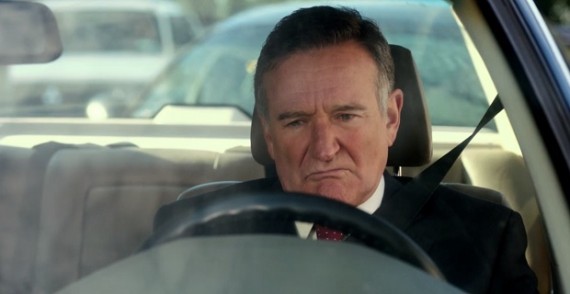 Always unhappy, agitated, and angry at the world around him, Henry Altmann has a Doctor's appointment where he is forced to wait for several hours. Further agitated because of the delay, Henry lays into Dr. Sharon Gill, who is having a bad day in her own right, but when he is diagnosed with a brain aneurysm, he becomes even angrier at Sharon, demanding to know how much time he has left. In a state of panic, as Sharon dodges Henry's vicious onslaught of anger, she abruptly tells him he only has 90 minutes to live. Shocked by the news, Henry leaves the office in a hurry, intent on making amends with everyone in his life. Phil Alden Robinson's The Angriest Man In Brooklyn isn't a very good film, being merely passable on both its comedic and dramatic intentions. Henry is a man whose anger has consumed him after the death of his son, and while the film indulges in Robin Williams' unique talents, it's a very cookie-cutter examination of love, life and death that falls victim to sentimentalism. Sharon Gill, as the second-lead character, is a strange and interesting character but she never really feels very necessary to the story, being merely used as an inciting incident but not bringing much to the story besides showcasing how everyone has the moments of suffering. This is a film that wants to capture the everyday struggle many face in finding happiness but it's just not focused enough to achieve that. Phil Alden Robinson's The Angriest Man In Brooklyn has good intentions but unfortunately it is never pensive enough, relying a little too much on over-sentimentality. 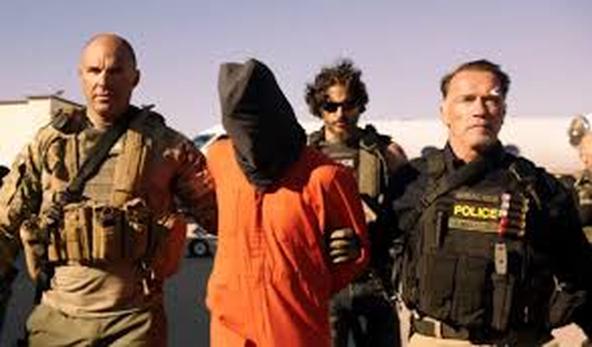 John Wharton, a highly decorated drug enforcement officer, leads an elite DEA unit in charge of taking down some of the most dangerous drug cartels in the world. A man whose dedicated his life to fighting the cartel, John has reached his breaking point, and on his latest high-stakes raid of a cartel safe house, the entire team agrees to pocket some of the stash. When the DEA recognizes that $10 million has gone missing, the team comes under investigation. That ends up being the least of their problems, as one-by-one the various team members start to be murdered. David Ayer's Sabotage is a gritty and violent action film that is relatively engaging from start to finish. For the life of me I can't understand the venom thrown at this movie, yes, it has some cliched moments and some cringe-worthy moments of excessive machoism, but overall Ayer's has crafted an exciting and compelling action film. The action sequences in Sabotage are above-average, with Ayer using some unique compositions and his gritty style of photography to great effect. The narrative as a whole is decent but what I really found compelling about Sabotage is its honestly bleak look at the toll of being a special agent like this has on one's soul. People in this particularly job see the worst of humanity on almost a routine basis and Ayer's makes sure to capture how difficult it must be to continually climb out of such darkness. David Ayer's Sabotage is excessively violent but it works,in capturing the ugliness of working in this type of environment. 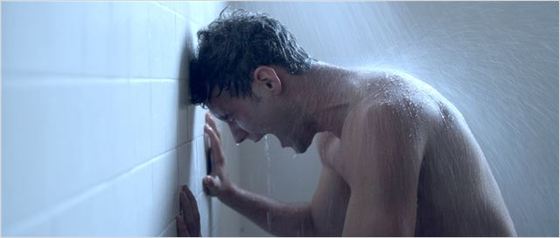 Brad is a teenager who has fallen on the wrong side of the tracks. Dealing drugs with his best friend, Gabriel, the two boys play a dangerous game with their futures. One night, with his mother's consent, Brad is abducted from his home in the middle of the night and sent to a Youth Rehabilitation facility in the middle of the mountains. Run by a veteran of the armed forces, Colonel Frank Reichert, this facility delivers a tough brand of discipline which is intent on breaking the wills of its subjects in order to correct them. Vincent Grashaw's Coldwater is an intense, grim examination of juvenile detention centers that exposes the lack of regulations and accountability these facilities have to deal with. Coldwater is made with a lot of anger for this system, showing the amount of violence that exists. This is a film that argues that these facilities are not helping to rehabilitate anyone using these violent practices, only further conditioning such troubled youth into the belief that violence is power, a troubling comprehension for sure. While Coldwater's message is important, the film comes off as far too manipulative and over-the-top at times, hammering home its message in a way that lacks almost all subtext. Its message is incredibly clear but I wish the film would have had more three-dimensional characters outside of its main protagonist, which would strengthen the overall narrative considerably. Vincent Grashaw's Coldwater is an intense film featuring strong performances, and while it beats the viewer over the head with its message a little too hard, it's a relatively powerful experience 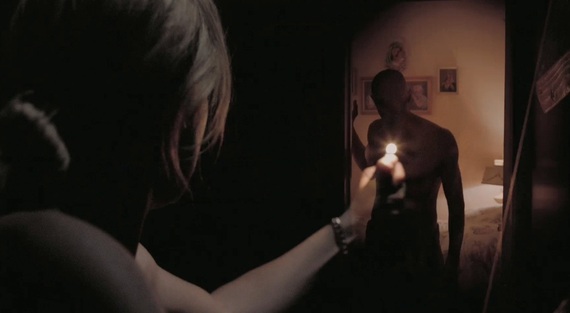 After the death of their mother, sisters Nicole and Annie reluctantly return to the place they grew up in an effort to pay their respects. When Annie arrives in town, Nicole is nowhere to be found, leading Annie to believe her sister simply couldn't deal with confronting their traumatic childhood, one in which Annie and Nicole were abused. While staying overnight in the house, Annie begins to experience a series of intense visions, leading her to uncover the terrible truth about her mother's past and the true reasoning for Nicole's disappearance. Nicholas McCarthy's The Pact is horror story with old-school sensibilities, being a film more interested in suspense and atmosphere than cheap thrills and gore. The Pact is very impressive from a technical standpoint but unfortunately the overall story simply isn't on the same level. The Pact starts off very strong, with a great ominous story line but as more details of the narrative are revealed it struggles to sustain tension. This is a film that has no desire to spout exposition at the viewer to make sure they keep up, with an unwinding mystery that is intriguing but more difficult (and a little silly) than it should be. The Pact's greatest strength is its cinematography that uses a mixture of effective compositions and well-placed camera movements to create a brooding atmosphere. Nicholas McCarthy's The Pact is a well-crafted, refreshing through-back horror film that incorporates modern technology effectively into its story, but unfortunately the narrative doesn't live up to the promise of its impressive atmosphere. 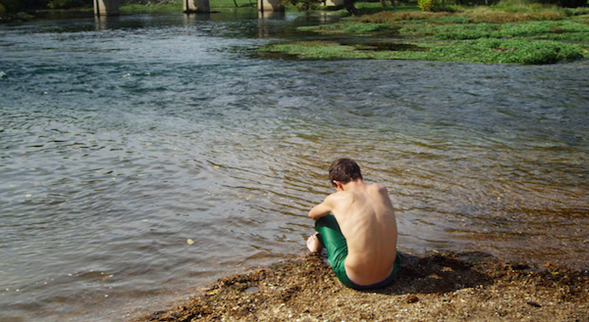 Andrew Droz Palermo & Tracy Droz Tragos' Rich Hill is an intimate look at small-town America through the eyes of three teenagers Andrew, Harley, and Appachey. Rich Hill, Missouri is just a setting, one of many small towns in America's heartland that struggles with poverty and lack-of-opportunity, with the film's meticulous study of these three teenagers capturing the universal problems which plague these small towns. The film chronicles these three boys lives, giving us insight into their family units and personalities but how the film captures the between-the-lines emotions is what stands out. Almost un-beknowing to the boys themselves, much of their anger and angst stems from their feelings of isolation and instability in the family unit which makes adolescence a daily struggle. Andrew is a very important subject in this film because he is the only one of the three boys that has both parental figures in his life. He is the most even-keeled of the three, but even he can't escape the effect of the environment in which he lives. Rich Hill isn't a bleak film but it certainly is sad, capturing how tough it is for anyone raised in such an impoverished area to make something of themselves. The film does veer into sentimentality at times, but it never feels manipulative enough to distract. Beautifully photographed with a great sense of visual lyricism reminiscent of Terrence Malick and David Gordon Green's earlier work, Rich Hill is an intimate and engrossing portrait of small-town America. 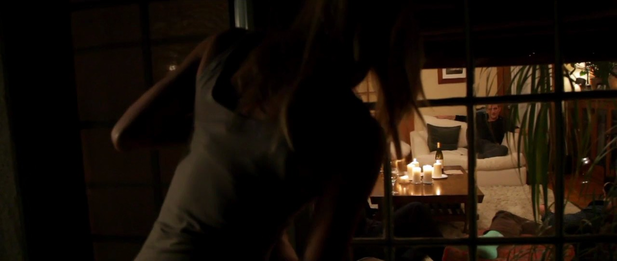 On the night of an astronomical event, a comet passing close by earth, eight old friends get together for a dinner party in an effort to reconnect. As they sit down to start dinner, the astronomical phenomenal sets off a bizarre serious of increasingly troublesome events. James Ward Byrkit's Coherence is a sharp,mind-bender of a film that is never particularly brainy, but intelligent and focused. It's a hard film to talk about without given away the basic conceit, but the film manages to deliver a lot of tense moments that firmly create a sense of uncertainty to its narrative. The film is shot completely in the handheld and while its intricate and well designed, it does come off as a little detracting. Coherence isn't defined easily by genre, having a sci-fi premise with horror elements but what makes it a good film is the human relationship drama that is much stronger than most films of this ilk. The performances are all high quality making it fairly engrossing and a lot of fun. While I wouldn't say Coherence is a great film, it is certainly worth seeing because of its fairly original mind-bender concept. |
AuthorLove of all things cinema brought me here. Archives
June 2023
|


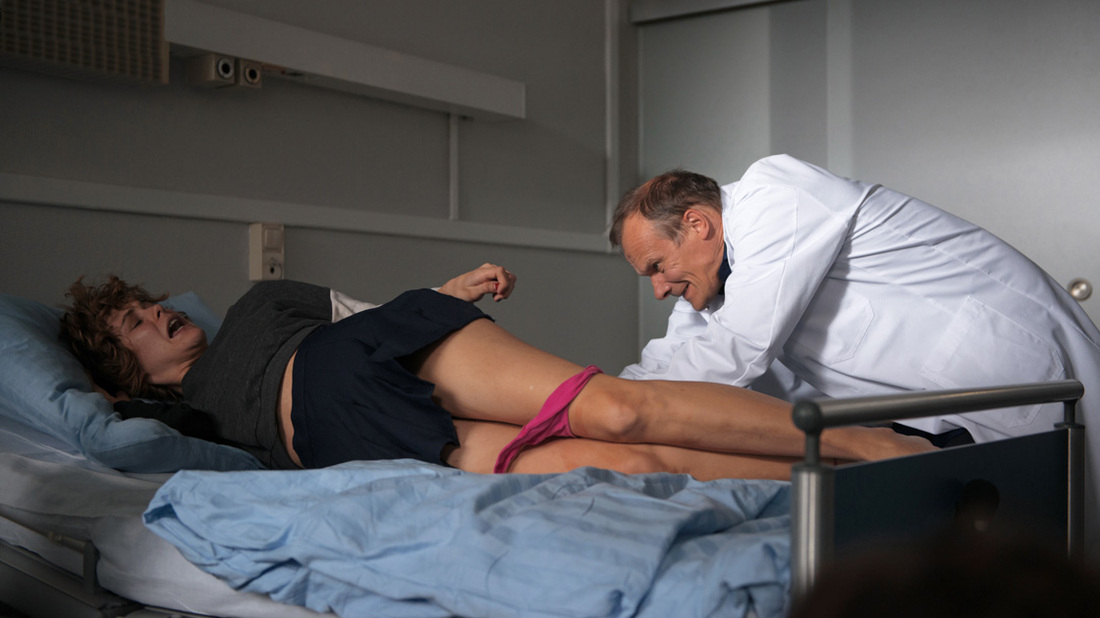
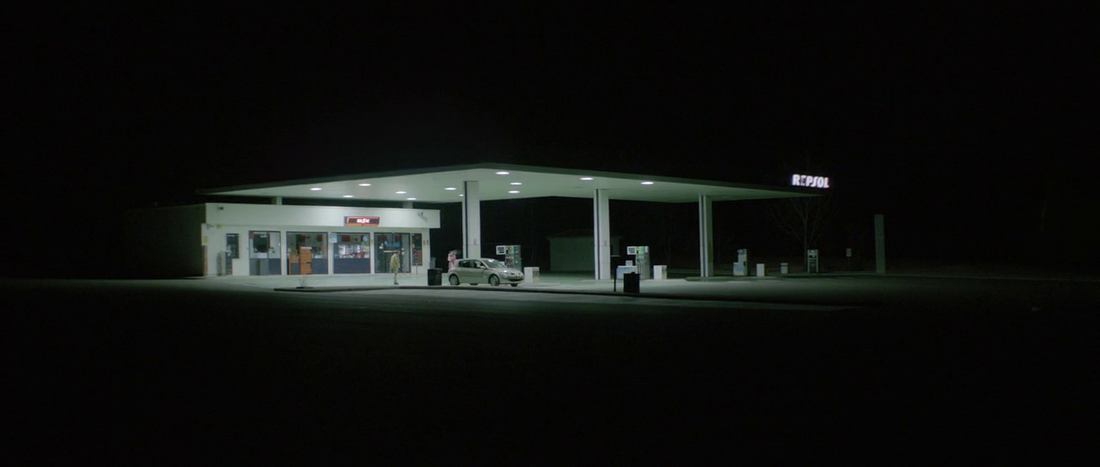
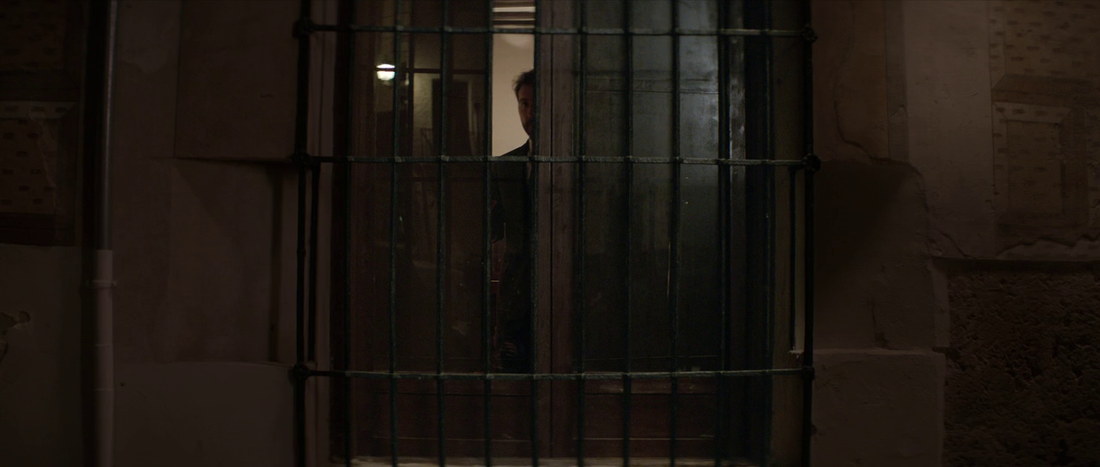
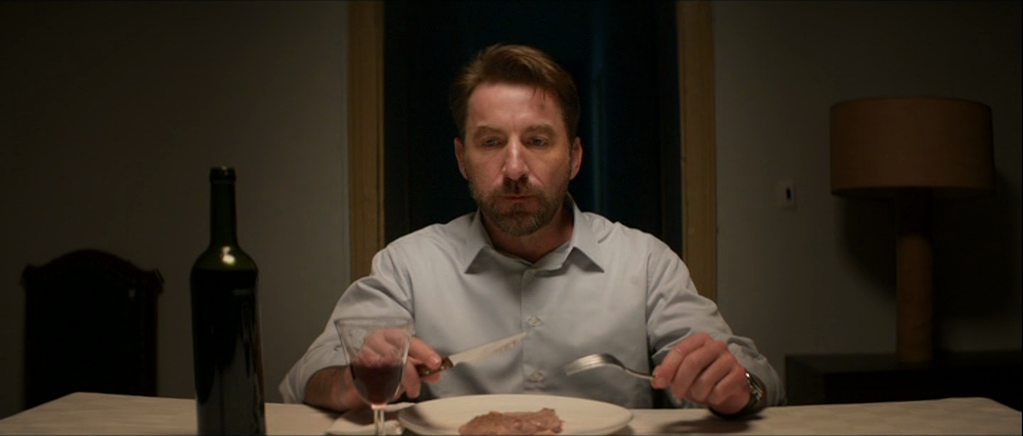
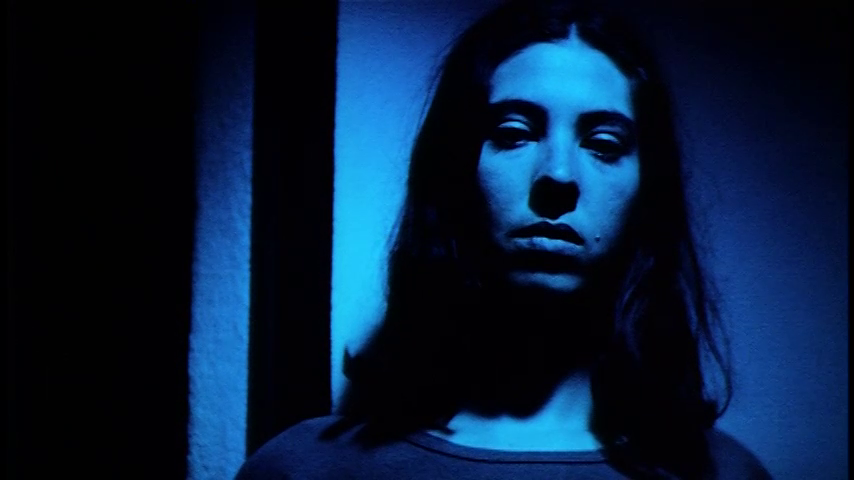
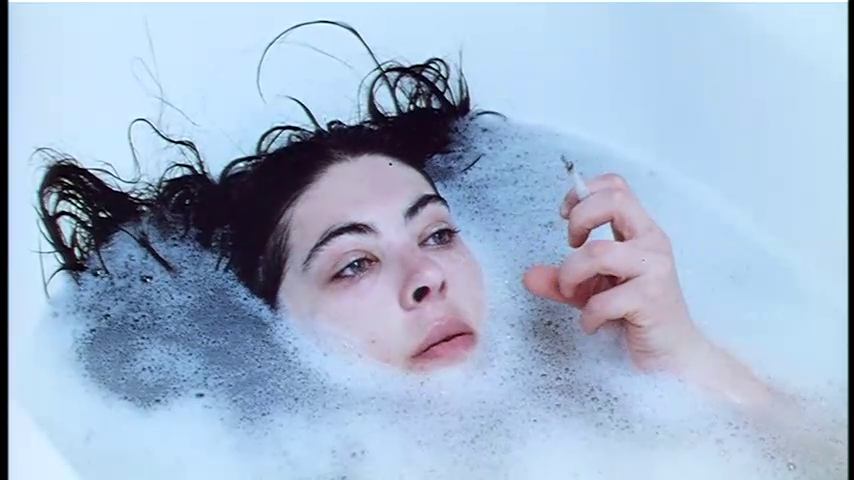
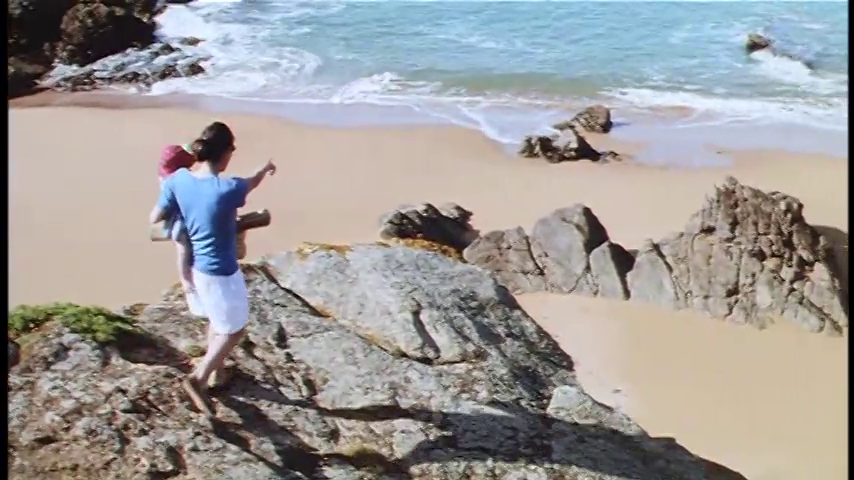
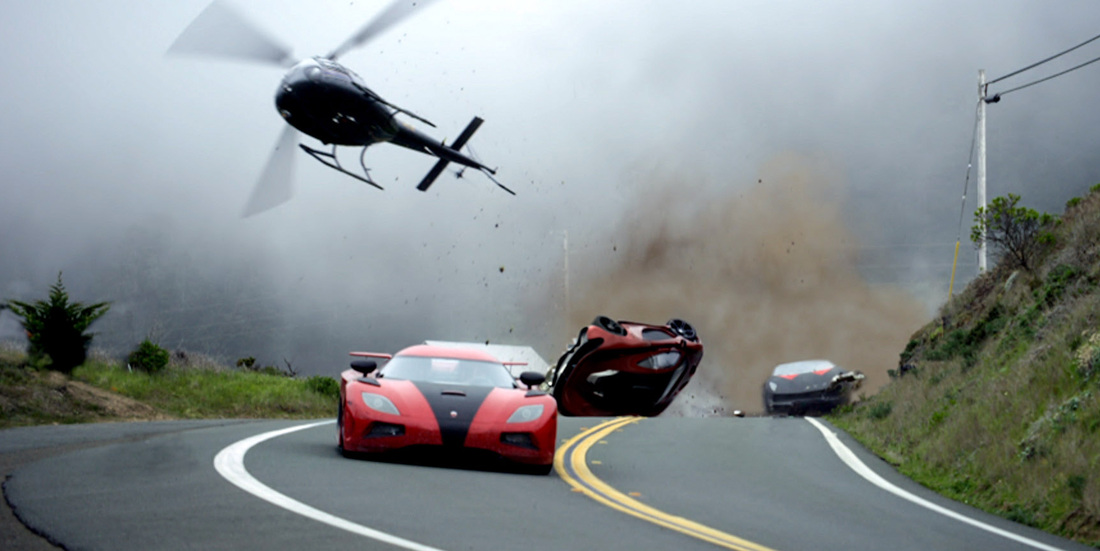
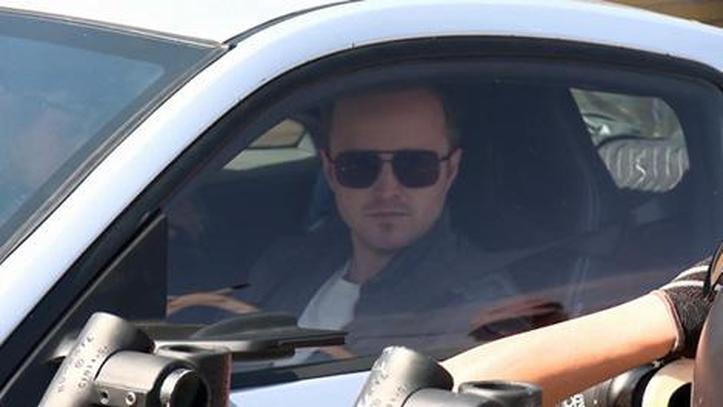
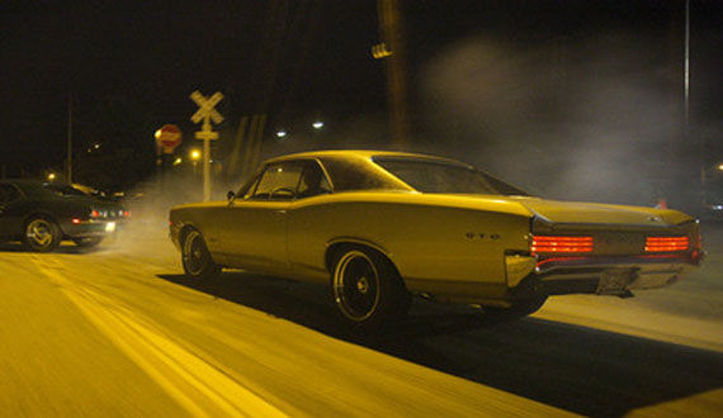
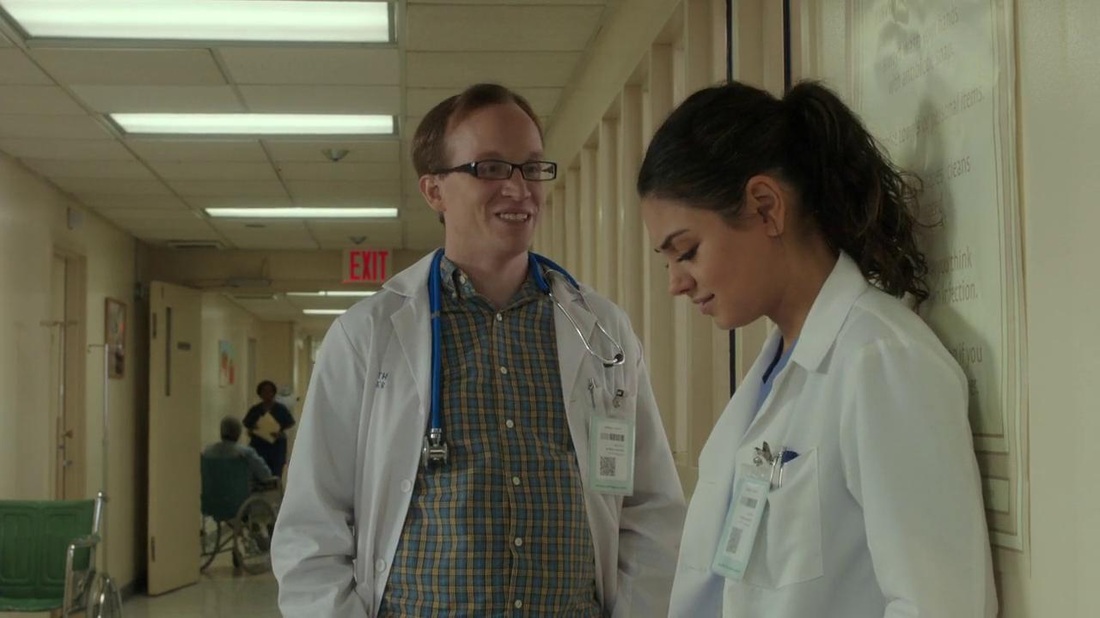
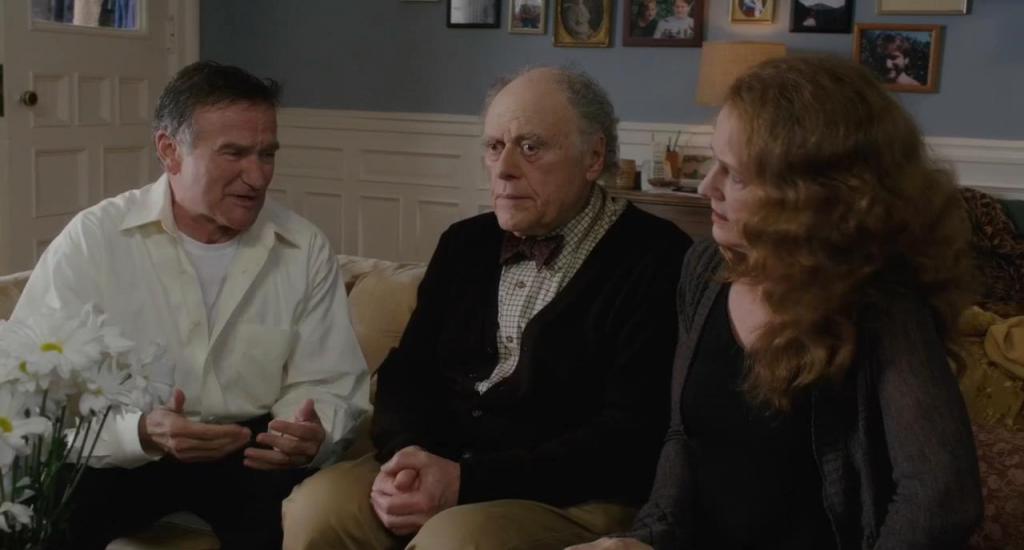
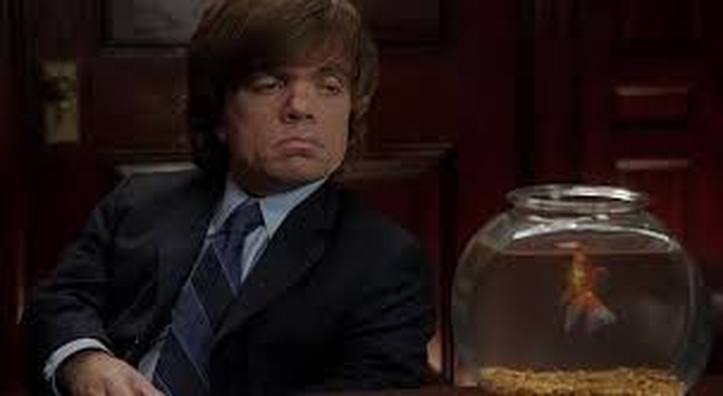
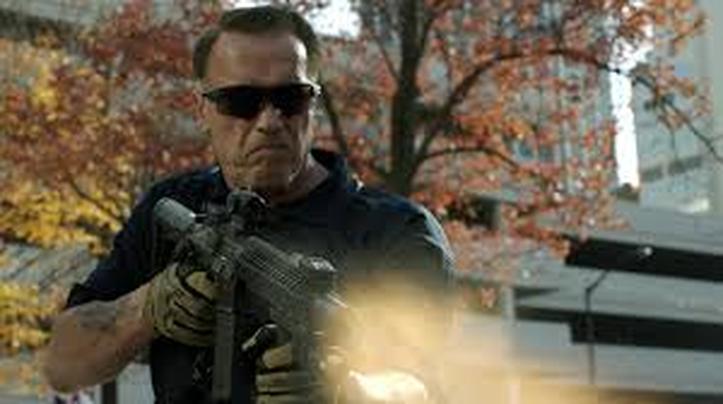
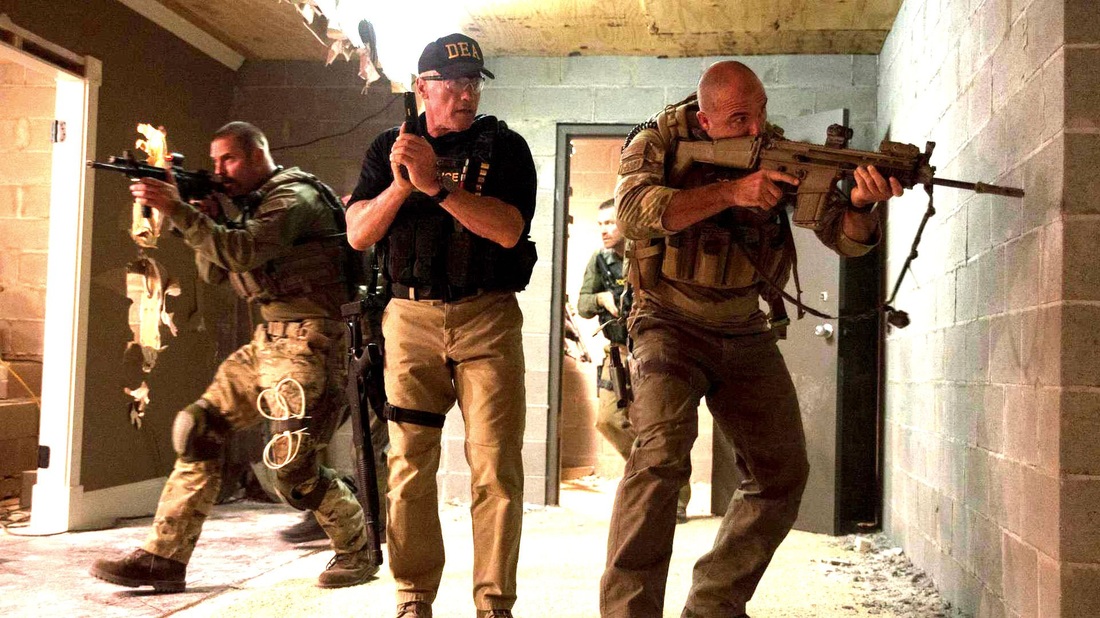
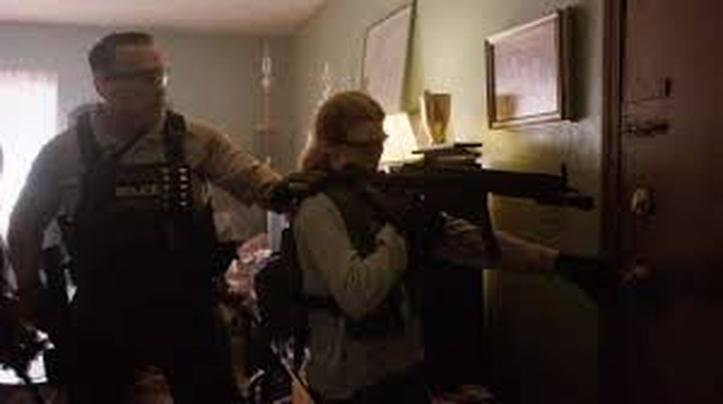
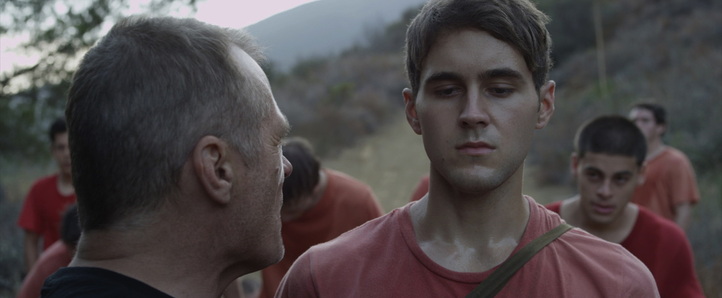
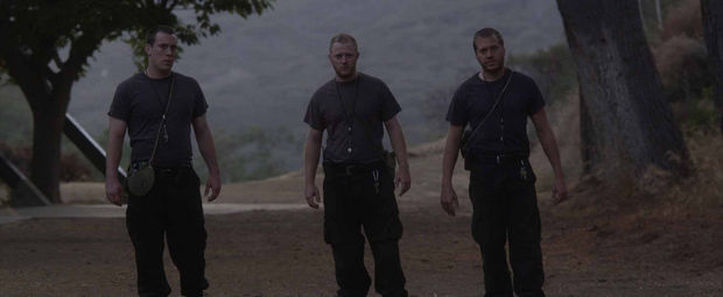
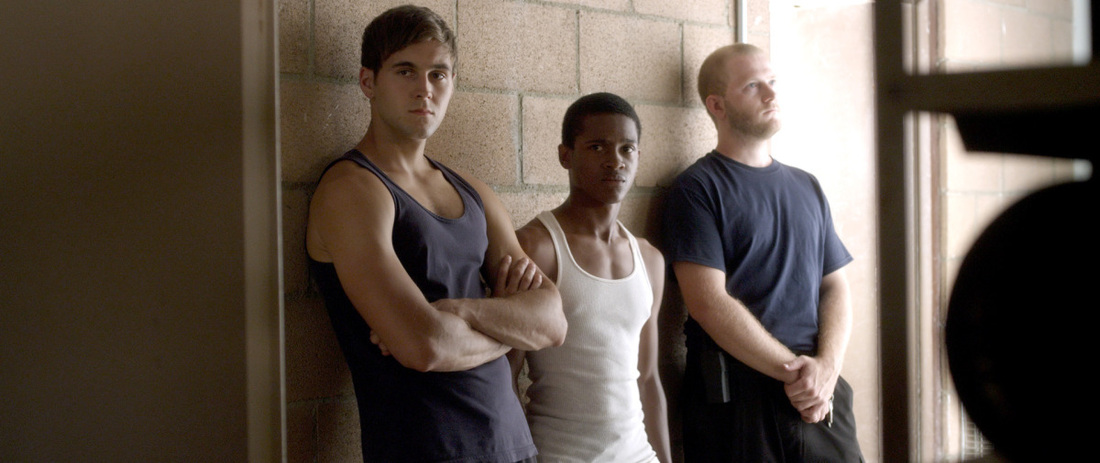
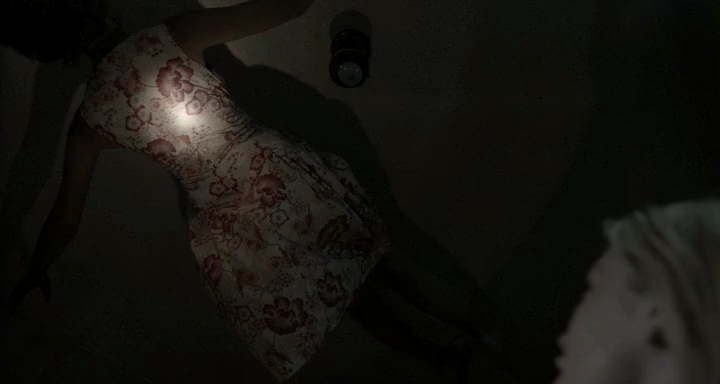
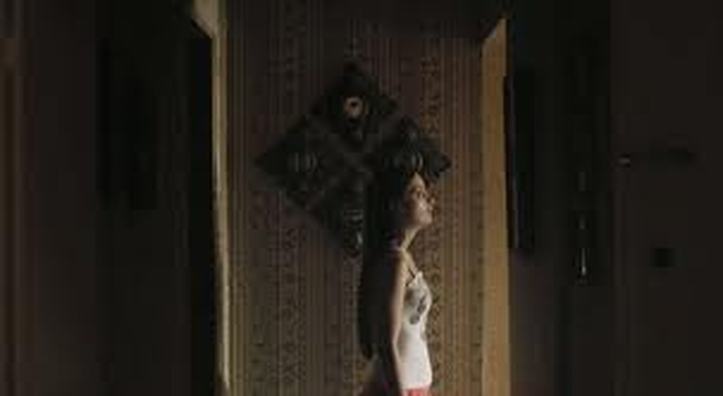
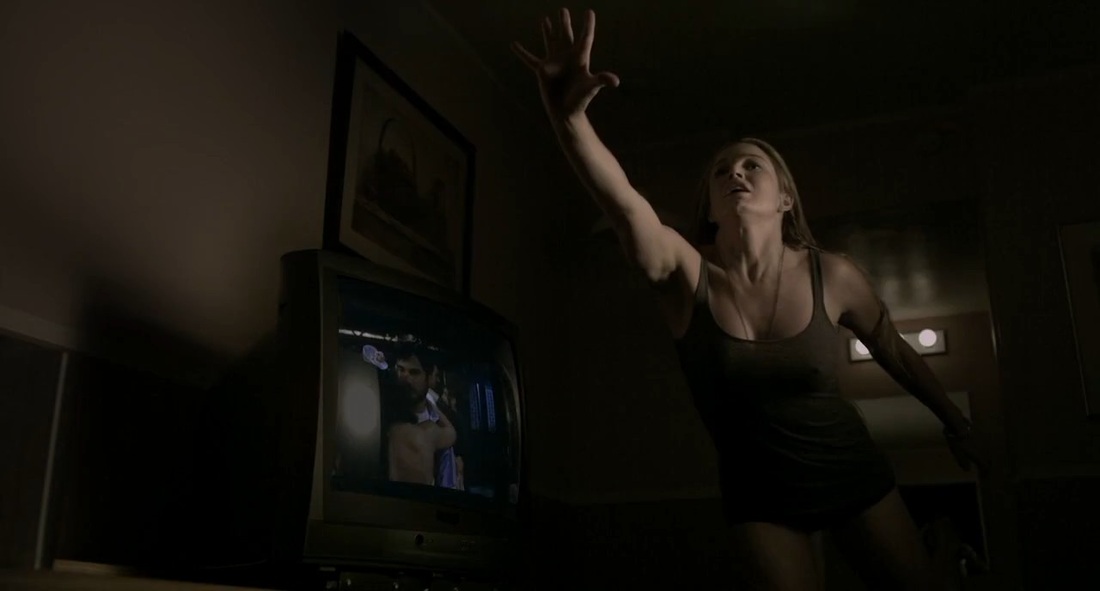
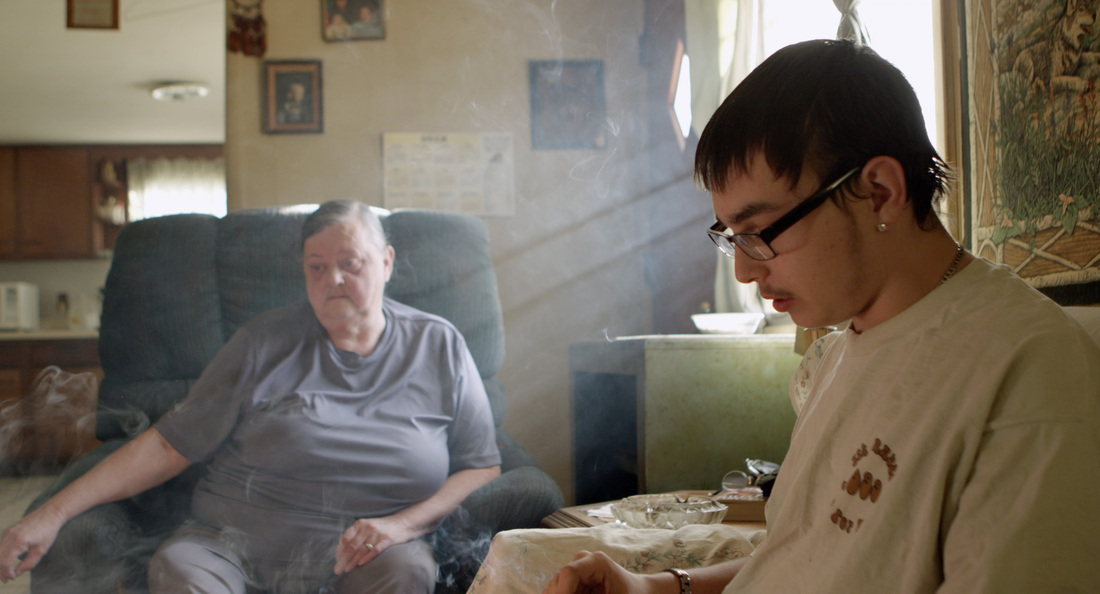
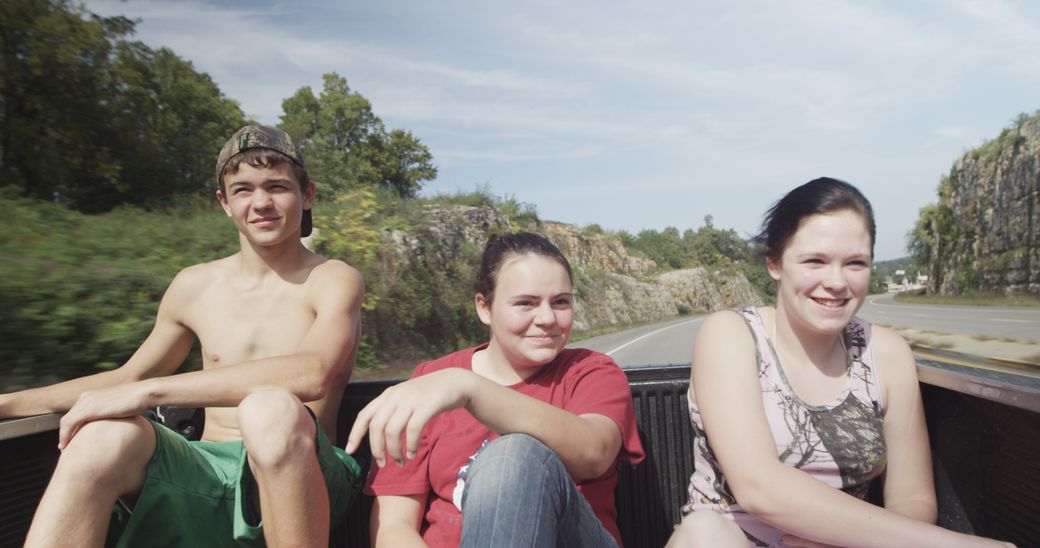
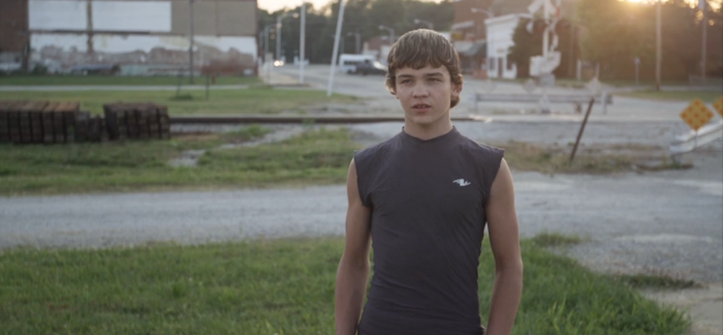
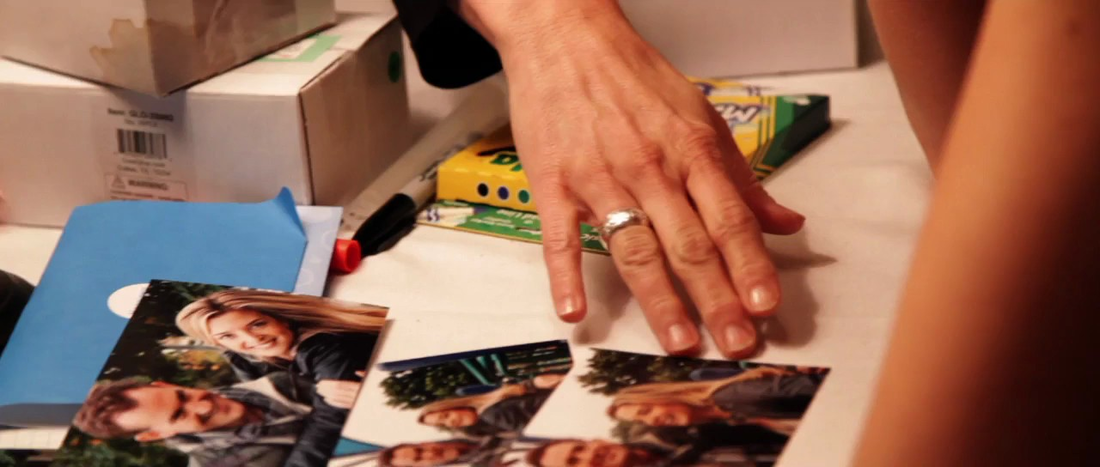
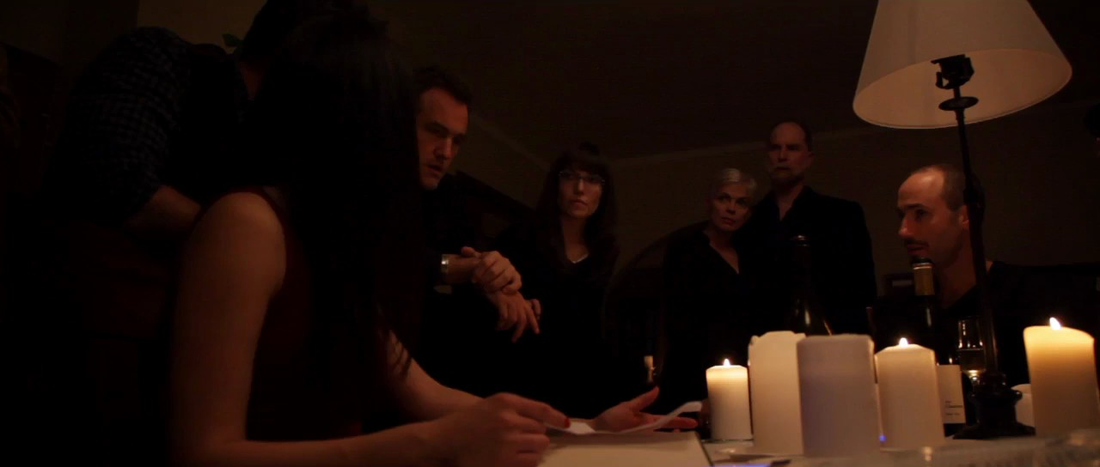
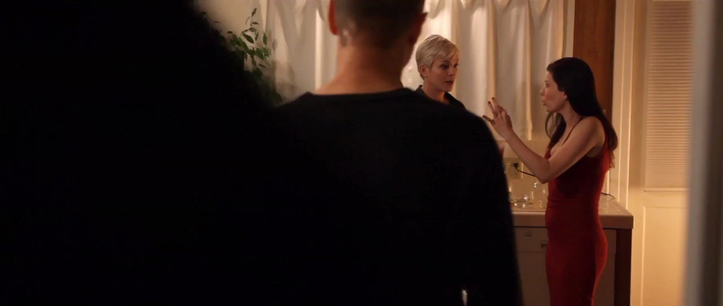
 RSS Feed
RSS Feed
